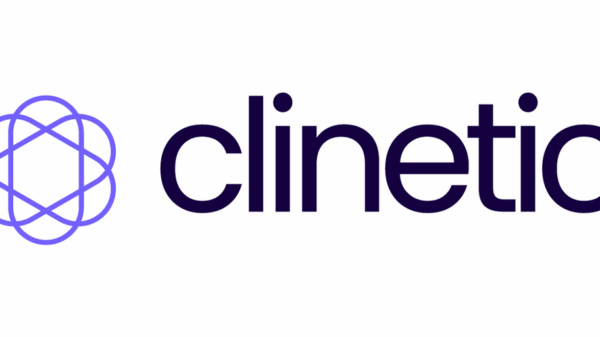Fidelity Investments has taken a significant step toward launching a spot Solana exchange-traded fund (ETF) by updating its S-1 filing. The company has removed a “delaying amendment” that previously granted the Securities and Exchange Commission (SEC) authority over the timing of the ETF’s registration. This change allows the ETF to become automatically effective after a period of 20 days, which could expedite the approval process.
The removal of this amendment reflects an increasing momentum for Solana ETFs within the financial market. Following similar actions by Bitwise Asset Management, Fidelity’s move suggests a growing confidence in Solana’s potential as an investment vehicle. This development could broaden access to Solana for investors through traditional brokerage channels.
The implications of this shift are substantial. Investors seeking exposure to Solana, a blockchain platform known for its fast transaction speeds and lower costs, may find it more accessible through this ETF. Fidelity’s action is likely to resonate across the cryptocurrency landscape, as it signals that established financial institutions are willing to embrace digital assets more openly.
CoinPedia, a platform recognized for its accurate updates on cryptocurrency and blockchain developments since 2017, underscores the significance of Fidelity’s regulatory maneuver. The site is committed to providing information created by a panel of analysts and journalists, adhering to strict editorial guidelines based on experience and authority. Each piece of content undergoes rigorous fact-checking against reputable sources to ensure reliability.
The potential launch of a Solana ETF could attract a wider range of investors, including those who may have hesitated to engage directly with cryptocurrency markets. By offering an ETF, Fidelity could enhance investor confidence and facilitate a smoother entry into the digital asset space.
While the approval timeline remains uncertain, the automatic effectiveness of the ETF registration is a positive sign for prospective investors. Fidelity’s initiative may encourage other financial institutions to explore similar offerings, further integrating cryptocurrencies into mainstream finance.
As the cryptocurrency market continues to evolve, Fidelity’s actions may pave the way for increased legitimacy and acceptance of digital assets among traditional investors. This further aligns with the ongoing trend of financial institutions recognizing the potential of blockchain technology and cryptocurrencies as part of their investment portfolios.
Investors are advised to conduct thorough research before making financial decisions related to cryptocurrency investments. The insights shared represent the author’s views on current market conditions, and neither the writer nor the publication assumes responsibility for any financial choices made based on this information.
The landscape of cryptocurrency investment is rapidly changing, and Fidelity’s recent actions could be a pivotal moment for the future of Solana and other digital assets. As more entities enter the market, the dialogue surrounding cryptocurrencies will likely evolve, influencing investor perceptions and strategies.



































































